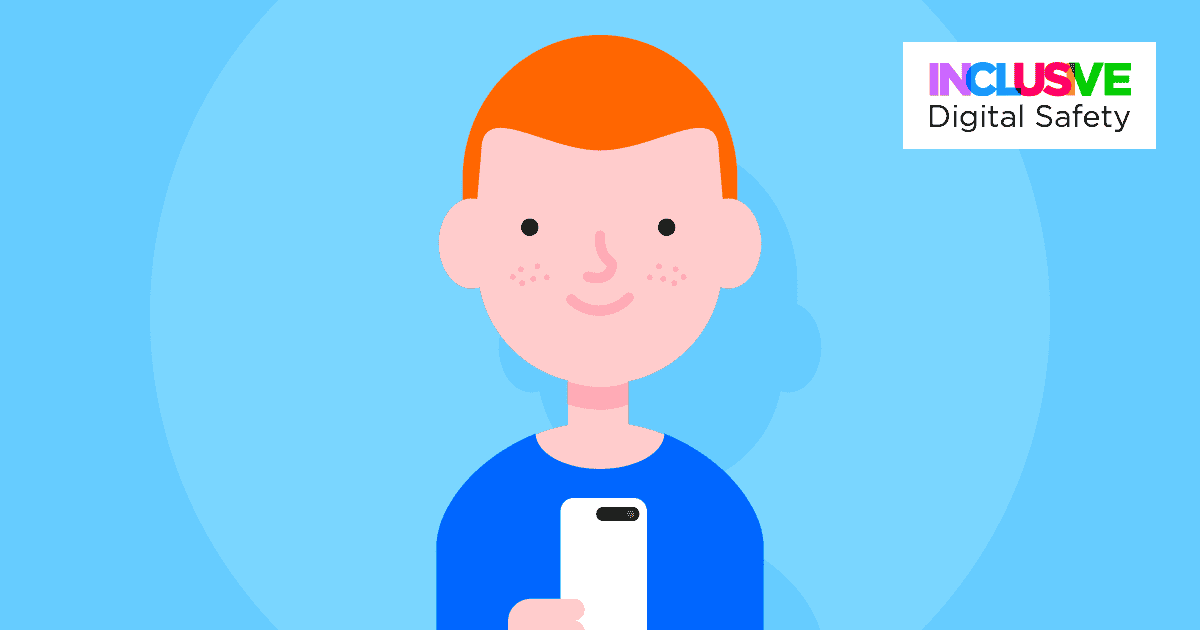How the resources can help you support care-experienced children and young people
Being online is a huge part of all children and young people's daily life, so it's important to equip them with the tools they need to benefit safely from it.
For children in care or being fostered, this may be increasingly important as they seek to stay connected to close friends or reconnect with family members.
To empower those looking after children in care we've created helpful guides featuring practical advice to help children deal with the range of online issues that they may face.
Why this is important
Just like other children, children and young people in care seek to have the same experiences as their peers whether it's gaming with friends, staying connected with friendship groups, or browsing the internet to grow their knowledge of the world.
However, due to the trauma experienced, lack of strong friendship bonds, and generally lower self-esteem, children and young people in care may be more dependent on the relationships they develop online.
Often a phone and online friendships are all a young person will have when coming to a foster carer for the first time.
Some may seek to continue relationships with inappropriate members of their birth family or other adults which could have a negative effect on their emotional wellbeing.
So, it's important to create an environment for children and young people to feel they can report difficulties and concerns in their digital lives and develop much-needed resilience.
What's inside the guides?
You'll find insights and resources to support young people while they are connecting and sharing, browsing the internet, and online gaming.
You’ll find helpful tips to:
Encourage young people to adopt healthy online habits
Stay informed about the risks they may face online
And how to make use of safety tools to help them thrive in their digital world



